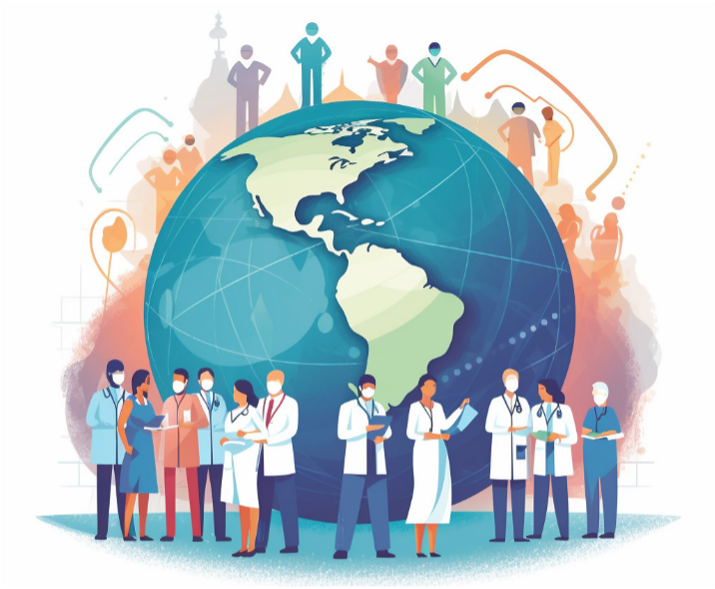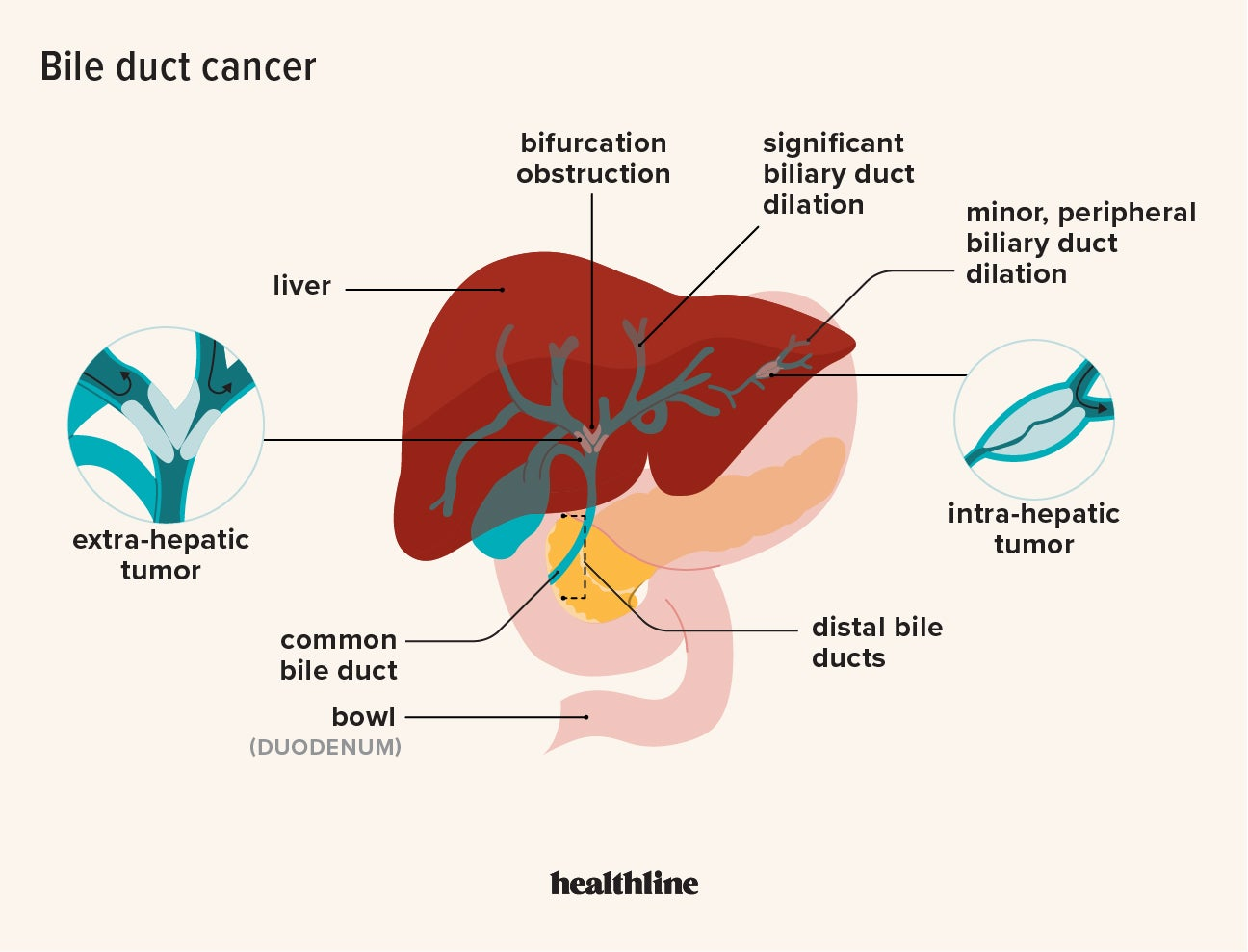Global health has emerged as a critical focal point in discussions surrounding the well-being of populations across the globe. Renowned surgeon and author Atul Gawande has shed light on the substantial impact of recent policy changes on health infrastructure, particularly during events like the COVID-19 pandemic. His insights from his tenure at USAID highlight the debilitating consequences of budget cuts and program terminations on international health initiatives. As Gawande emphasizes, the damage inflicted on this vital sector threatens not only the U.S.’s role as a leader in global health but also the lives of millions who rely on effective programs. With a renewed focus on science and medicine, it is crucial to advocate for robust health systems to recover from the challenges of recent years, including the ongoing repercussions of COVID-19.
The overarching theme of worldwide health extends beyond mere statistics to encompass the very fabric of societal well-being. From the perspectives of public health advocates to governmental organizations, this interconnectedness influences how global populations respond to health crises and access essential services. Prominent figures in the field, such as Atul Gawande, emphasize that rebuilding health infrastructure is not just an American priority—it is a collective responsibility shared by nations around the globe. The lessons learned during events like the COVID-19 pandemic call for innovative solutions in public health management that reflect a commitment to equitable healthcare access. As we navigate these challenges, embracing scientific advancements and collaborative efforts will be crucial to fortifying our collective health landscape.
The Dismantling of USAID and Its Global Health Implications
The dismantling of the U.S. Agency for International Development (USAID) has sent shockwaves through the global health community, leaving a void that is difficult to fill. Atul Gawande, a prominent surgeon and former head of USAID’s Bureau for Global Health, highlights the catastrophic impact of this decision, which saw a staggering loss of funding and staff. The repercussions extend beyond immediate healthcare needs; they threaten the very fabric of health infrastructure critical for managing diseases and responding to outbreaks globally.
In his candid assessment, Gawande emphasizes that while USAID may never regain its previous stature, recovery is still feasible for America’s health and science sectors. The innovative programs and partnerships that USAID cultivated over the years significantly enhanced global health initiatives, resulting in improved response times to diseases like Ebola and disease management strategies that have saved millions of lives. The dismantling of these critical services not only undermines U.S. leadership in global health but also compromises international healthcare outcomes, making it imperative to restore focus and investment in these vital areas.
Frequently Asked Questions
What is the impact of the Trump administration’s actions on U.S. global health leadership?
The Trump administration’s actions have significantly weakened U.S. global health leadership by dismantling key programs at USAID and terminating over 85 percent of its initiatives, which had previously played a critical role in addressing global health crises and responding to diseases like Ebola and HIV. This has resulted in severe setbacks in health infrastructure and has compromised health outcomes around the world.
How did Atul Gawande describe the state of USAID and its role in global health?
Atul Gawande described USAID as crucial for building health infrastructure globally, highlighting its past successes in disease surveillance and maternal health initiatives. He noted that while the agency cannot fully recover from its recent cuts, there is still time to preserve its remaining talent and programs essential for global health efforts.
What are some key health programs affected by recent funding cuts at USAID?
Recent funding cuts at USAID have jeopardized vital health programs including those that support maternal and child health, as well as initiatives targeting HIV, tuberculosis, and malaria. These programs have historically improved health outcomes for tens of millions and are critical for continuing progress in global health.
How did COVID-19 impact global health initiatives, according to experts like Atul Gawande?
Experts like Atul Gawande indicate that COVID-19 has exacerbated existing vulnerabilities in global health infrastructure. The pandemic has diverted resources from essential health programs, disrupted service delivery, and highlighted the need for robust health systems capable of responding to public health emergencies.
What is the significance of technical assistance in global health efforts?
Technical assistance is vital in global health efforts as it helps countries improve their healthcare delivery systems. According to Gawande, effective strategies such as vaccination drives are propelled by ongoing support that enhances coverage rates from 60 to 90 percent, emphasizing the need for follow-through beyond initial solutions to ensure lasting health improvements.
What are the future prospects for U.S. involvement in global health initiatives?
While Atul Gawande expresses hope for the future of global health, he is uncertain about the U.S. maintaining a leadership role. He suggests that if the U.S. steps back, other countries may rise to take the reins of global health leadership, underscoring the need for continued commitment to health initiatives from American professionals.
Why is building strong health infrastructure important for global health?
Building strong health infrastructure is essential for addressing both current and future health challenges. It enables timely responses to outbreaks, supports effective health interventions, and improves overall health outcomes, particularly in low-resource settings where vulnerabilities are high. Atul Gawande emphasizes this need based on past experiences at USAID.
| Key Issues | Impacted Areas | Statements by Atul Gawande | Outcomes of USAID Actions |
|---|---|---|---|
| Dismantling of USAID by the Trump administration | U.S. as a global health leader | ‘Devastating’ damage caused to global health efforts | Emergency response time cut from over two weeks to less than 48 hours for outbreaks. |
| Firing of USAID staff and cutting programs | Research funding from NIH and CDC under threat | “It’s not too late to save our health and science infrastructure” | Programs prevented 93 million maternal and childhood deaths, improving life spans. |
| Hope for salvaging the health system | Impact on future healthcare and research | “The solutions are in the follow-through” | Immediate cuts will affect health outcomes most acutely. |
Summary
Global health is currently facing a critical juncture as outlined by Atul Gawande, who highlights the severe repercussions of the dismantling of the U.S. Agency for International Development (USAID). Despite the setbacks, Gawande urges commitment to health and science, emphasizing that it is not too late to restore the infrastructure vital for improving health outcomes globally. The actions taken against USAID have threatened numerous programs crucial for disease control and maternal health. However, Gawande’s optimism shines through as he calls on future health professionals to remain dedicated, indicating that their expertise will be key in addressing the challenges ahead in global health.




